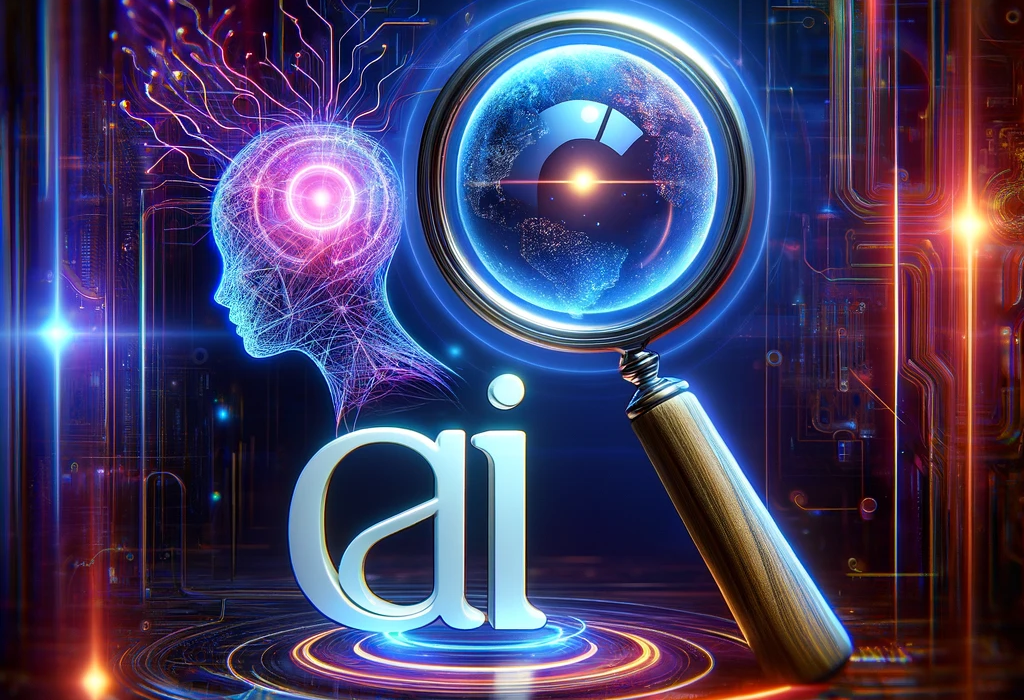In the rapidly evolving world of technology, artificial intelligence (AI) platforms like ChatGPT are making significant strides, leading many to wonder whether traditional search engines might one day become obsolete. Let’s explore this topic with a clear and balanced perspective.
Understanding ChatGPT and Search Engines
ChatGPT, developed by OpenAI, is a sophisticated language model that can understand and generate human-like text based on the input it receives. It’s designed to assist in a conversational manner, providing responses that can include explanations, suggestions, and even code. Unlike search engines that index the web and provide a list of links, ChatGPT attempts to generate full-blown answers based on a mix of licensed data, trained models, and input from previous interactions.
Different Purposes and Functions
The primary difference between ChatGPT and traditional search engines lies in their core functions:
- Search Engines: These are designed to help users find specific information quickly by retrieving relevant links from across the internet. They are powerful tools for research and discovery, relying on complex algorithms to fetch data that matches user queries.
- ChatGPT: This AI model is best used for conversation and generating text-based content. It can simplify complex topics, generate creative content, and provide explanations in a user-friendly manner.
Also Read – SearchGPT – Killer of Search Engine ?
Complementing Rather Than Replacing
Here are a few reasons why ChatGPT is unlikely to replace search engines entirely:
- Depth and Breadth of Information: Search engines can access a vast range of websites and databases in seconds, providing users with links to academic papers, forums, news sites, and much more, which ChatGPT cannot do directly.
- Real-Time Information: Search engines are more effective at providing real-time information like news, stock market updates, and weather conditions. ChatGPT’s knowledge is generally static, reflecting information up to its last update.
- SEO and Discoverability: Businesses rely heavily on search engine optimization (SEO) to attract visitors to their sites. ChatGPT does not offer a way for users to discover websites or new content platforms directly through organic search.
The Future of AI and Search
While ChatGPT is a remarkable tool, it serves as a complement to search engines rather than a replacement. The integration of AI with traditional search engines could lead to more sophisticated query understanding and better user experiences. For instance, combining AI’s ability to understand and generate human-like responses with the vast information database of a search engine could lead to a hybrid model that enhances how we search for and interact with information online.
In conclusion, while AI technologies like ChatGPT are transformative and offer impressive capabilities, they do not currently have the capacity to replace traditional search engines. Both platforms have unique strengths and serve different purposes. As technology evolves, the most likely path forward is one of integration and mutual enhancement, rather than replacement.
This balanced exploration helps us appreciate the capabilities and limitations of AI in the context of search engine technology, ensuring that we can look forward to the innovations the future may bring without alarm but with informed anticipation.
OpenAI FAQs
Generative AI refers to a type of artificial intelligence technology that can generate new content, from text to images, audio, and beyond, based on the data it has been trained on. It uses machine learning models to understand and produce content that is similar in structure and theme to its training data..
OpenAI is an AI research and deployment company. It aims to ensure that artificial general intelligence (AGI)—highly autonomous systems that outperform humans at most economically valuable work—benefits all of humanity. OpenAI develops and promotes friendly AI in ways that benefit humanity as a whole.
ChatGPT is a variant of the GPT (Generative Pre-trained Transformer) models specifically fine-tuned for understanding and generating human-like text in a conversational manner. Developed by OpenAI, it can perform a wide range of tasks like answering questions, making recommendations, and more, based on the prompt given to it.
Custom ChatGPT refers to a customizable version of the ChatGPT model that businesses or developers can tailor to better suit specific use cases or domains. It involves training the model on specialized data to enhance its performance in particular contexts.
DALL-E is a generative AI model developed by OpenAI that can create images from textual descriptions. This model combines concepts from language models like GPT with image generation capabilities, enabling it to produce detailed and contextually relevant visuals based on text inputs.
Sora is an innovative text-to-video AI model developed by OpenAI, named after the Japanese word for “sky” to symbolize its vast creative potential. This groundbreaking technology allows users to convert text descriptions into dynamic, realistic video scenes up to one minute long. Sora operates using a diffusion transformer approach, where it begins with a pattern of static noise and refines it into a detailed video.
